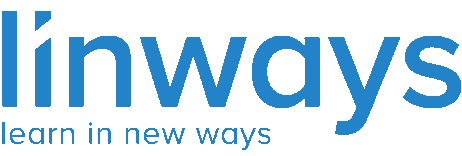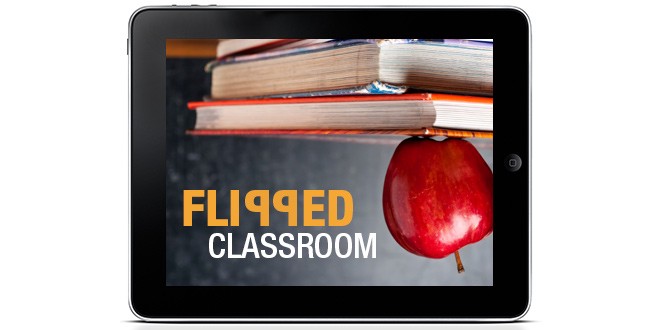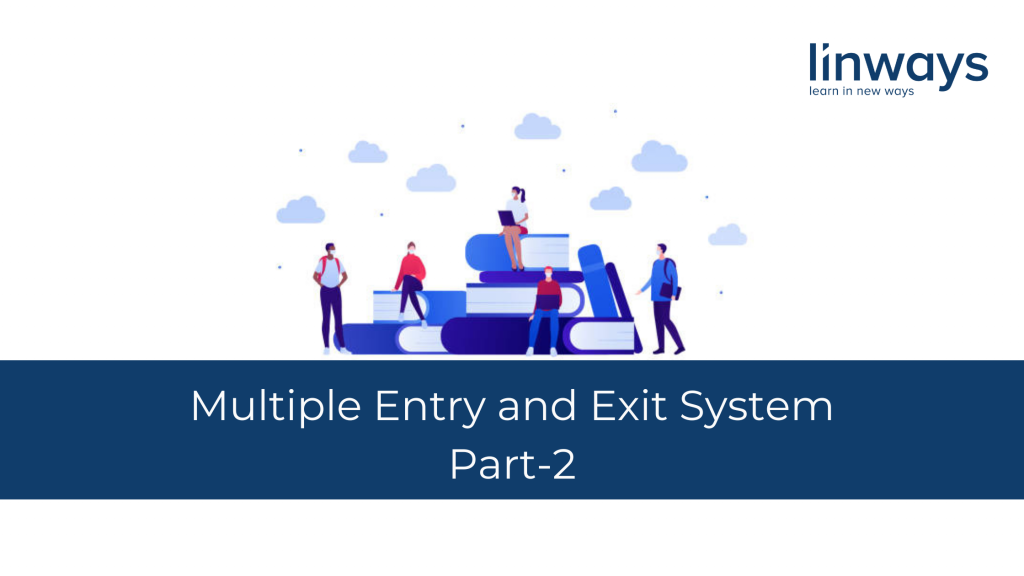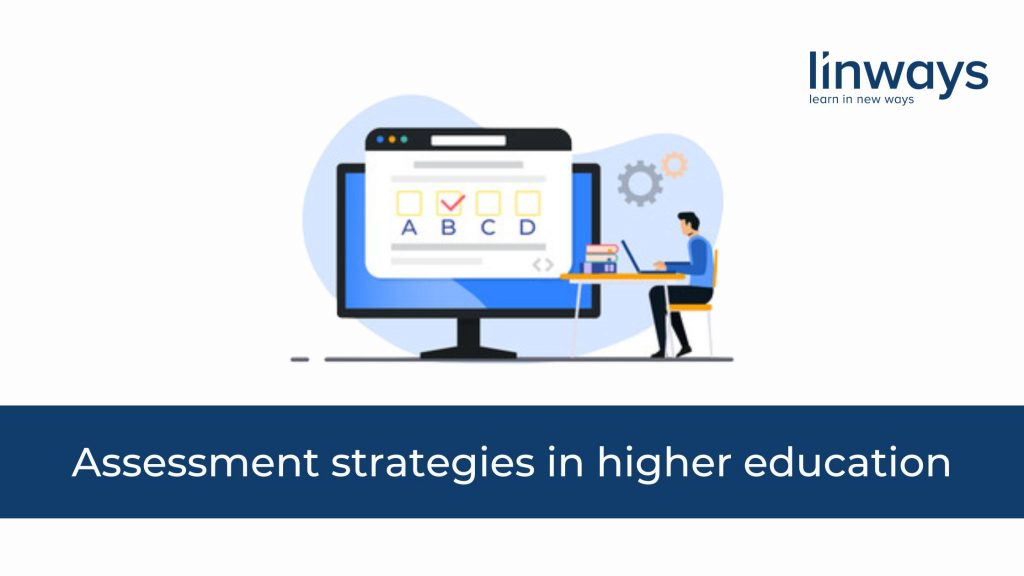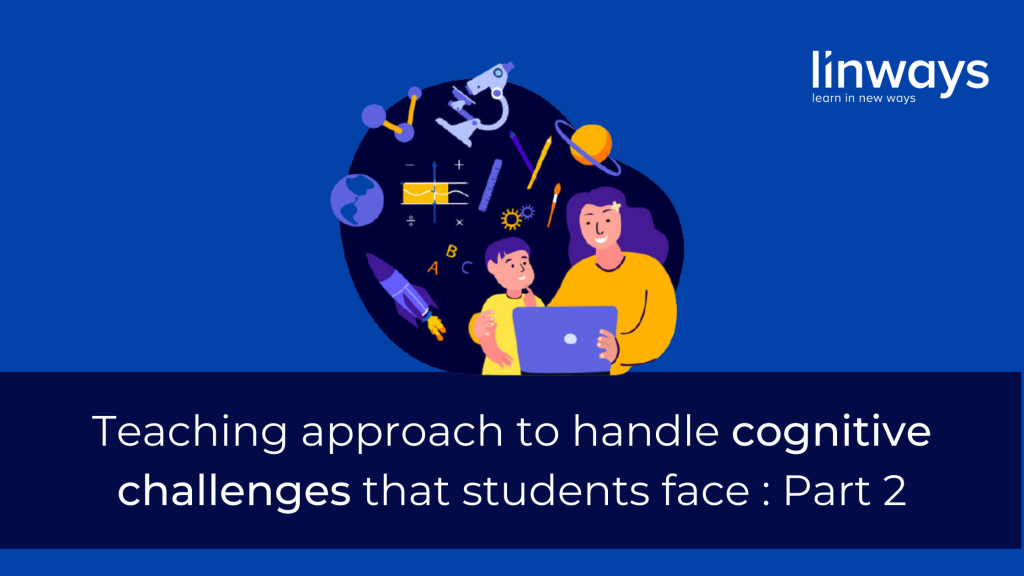
Cognitive Challenges are factors that affect a learner with memory, problem-solving, and comprehension difficulties. Teachers often face a lot of difficulties and time constraints in addressing the Cognitive Challenges faced by students. Discussed are a few Teaching Approaches to handle cognitive challenges that can be implemented to help the students overcome some common challenges and hurdles that they face. In our previous blog, we have already discussed the sets of cognitive skills that are important in the learning process.
Let us have a look at the cognitive skills that are teaching approaches to hack them.
1. Student Mental Mindset
Mental Mindset refers to a student’s perspective, belief, and expectation about a particular subject or topic. This makes them feel that they do not have the ability to learn it and discourages them from approaching the subject.
Suggested Teaching Approach :
Explaining the value, outcome, and impact of learning helps to develop ownership of learning and helps students to cultivate the right learning habits and mindset.
2. Metacognition and Self-Regulation
This process includes monitoring and controlling the thought process, emotions, and behavior of a person. Certain times it is observed that some students tend to be overconfident about their knowledge or abilities and do not tend to pay attention to the information that is delivered to them.
Suggested Teaching Approach :
Carrying out self-reflection processes such as continuous evaluation or assessments helps students to have a realization of their weaknesses and thus they adjust themselves in their learning process.
3. Insufficient prior knowledge and misconceptions
Lack of required prerequisite knowledge for mastering new content will be existing in students at times. Also, misconceptions about a topic retard student’s understanding of a topic.
Suggested Teaching Approach
Conducting initial assessment, conducting revision classes prior to advanced topic coverage can help the students to get thorough knowledge of basic concepts. And to eliminate misconceptions, conducting open discussions, debates, calling out students to justify their ideas can be implemented.
4. Ineffective Learning Strategies
Ineffective learning strategies include cramming on the previous night of examination, multitasking, re-reading without understanding, and passive highlighting of topics.
Suggested Teaching Approach
Explaining to students the right approach to study different subjects will help them to design their own learning mechanisms. Suggesting to adopt a spaced learning approach, i.e breaking a long course into small modules of shorter durations and frequent breaks makes the learning process more interesting.
6. Constraints of selective attention
This includes lack of focus, multitasking, and impulsive behavior which affects the learning process.
Suggested Teaching Approach
Increasing the clarity of information delivered, providing frequent breaks, and guiding students to avoid multitasking can help them to be more attentive.
7. Constraints of Mental Effort and Working Memory
This problem arises when content is too complex and when students try to memorize too much information without a clear understanding
Suggested Teaching Approach
Organizing information, providing microlearning contents, and practicing retrieval mechanisms can tackle these constraints.
Cognitive Challenges in an individual are not unalterable. It can always be strengthened through habitual actions and optimization of our actions. Teacher`s influence in molding the cognitive potential of students can impart great changes in their learning process as well as day-to-day life.
Also published on Medium.
